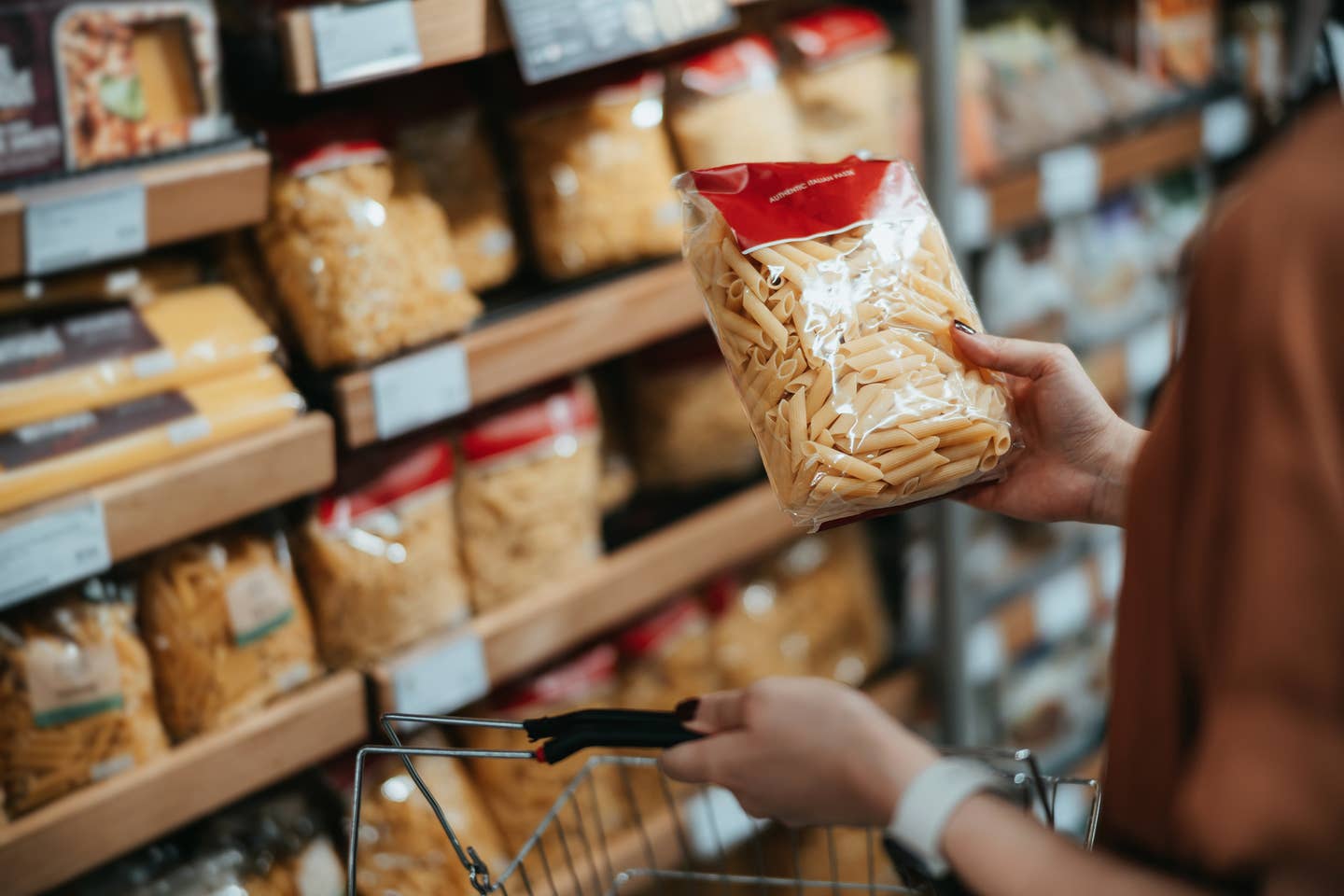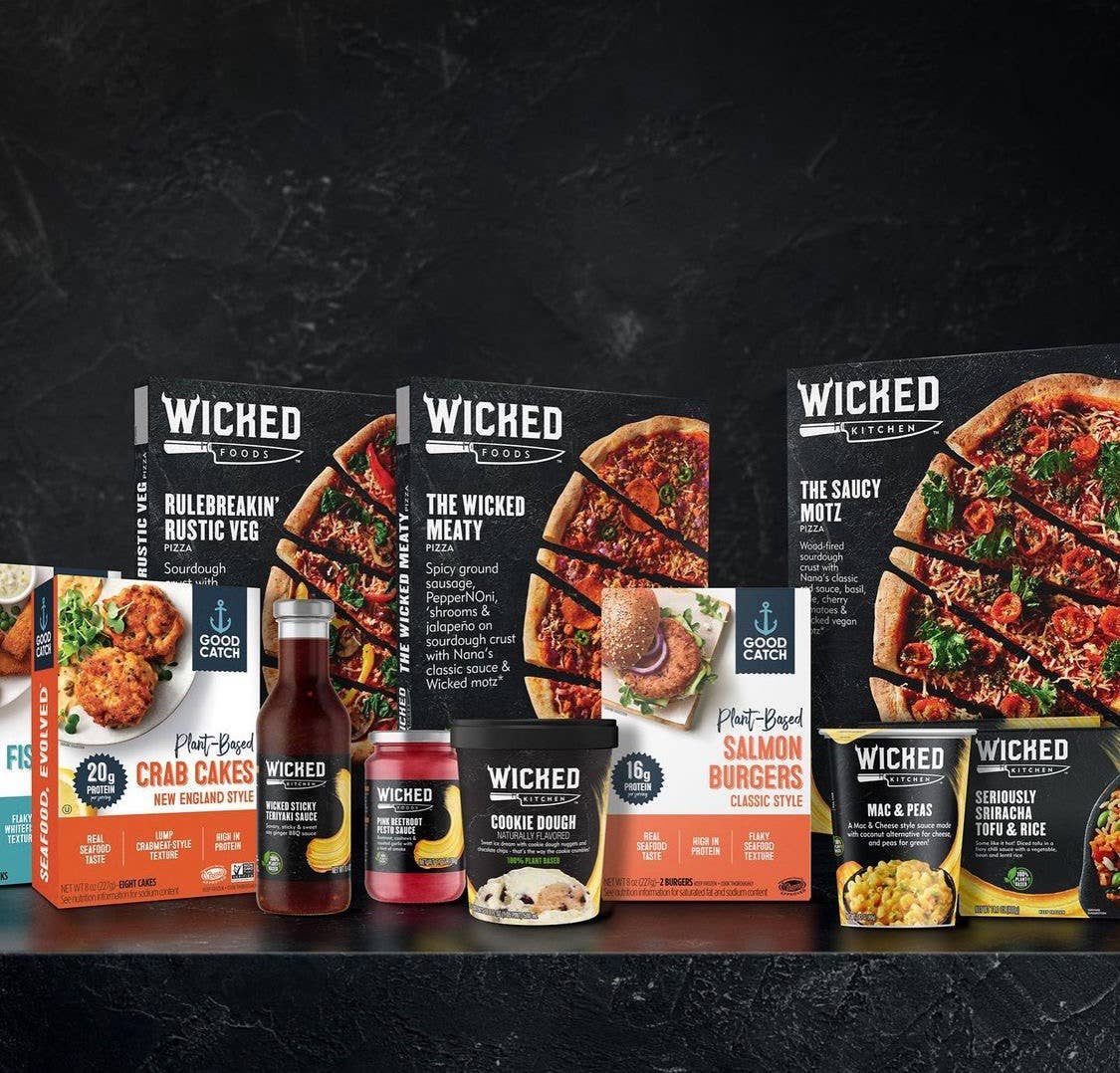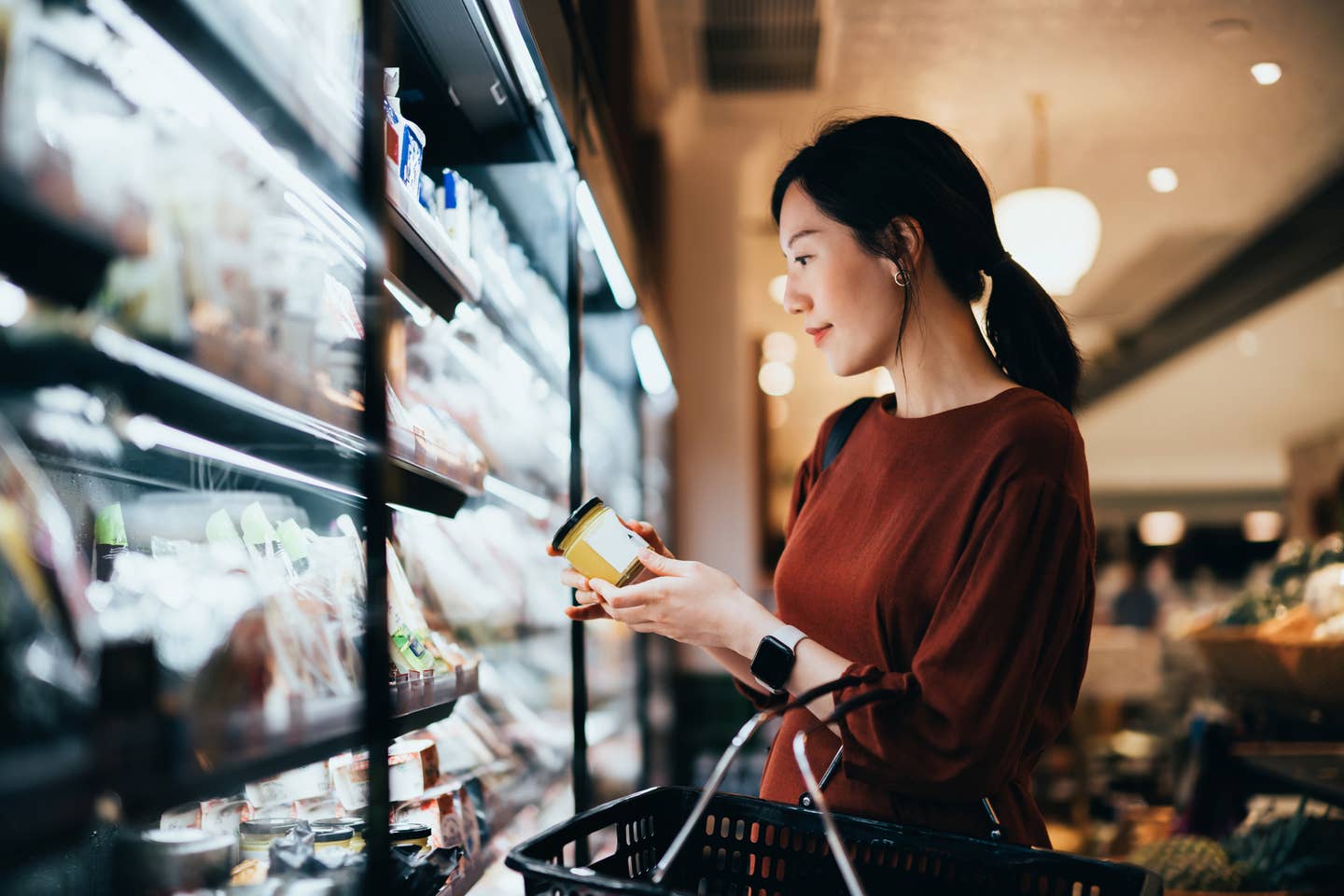
Bill Gates Just Invested $20 Million on Lab-Grown Palm Oil to Save Our Rainforests
Palm oil is the most widely used vegetable oil in the world; it’s also the most environmentally hazardous. You may not realize you’re likely consuming palm oil in one way or another on a regular basis—it lurks in many processed food products (yes, even vegan ones) and everyday consumer goods from soaps to packaging.
The Ugly Side of Palm Oil Harvesting
Primarily farmed in Malaysia and Indonesia, palm oil—which comes from the fruit grown on the African oil palm tree—has significantly impacted natural rainforests in Southeast Asia and beyond.
From carbon emissions to deforestation (that threatens 193 critically endangered and vulnerable animal species that lose their homes due to human practices), palm oil farming will only add more stress to current eco-abuse as demand increases. The Guardian journalist and author href="https://www.theguardian.com/profile/georgemonbiot">George Monbiot called palm oil’s devastating effects “a crime against humanity and nature” and “almost certainly the greatest environmental disaster of the 21st century.” We know we need to switch to a better-for-the-environment alternative, and Bill Gates is backing one company that he believes has the answer.
Lab-Grown Palm Oil to the Rescue of Rainforests
The New-York-City-based startup, C16 Biosciences, is promising a new generation of lab-grown palm oil; no forests and animal habitats are destroyed in the making. And C16's efforts to bring its alternative palm oil to market just got a lot more realistic, thanks to a $20 million Series A round of investment via Breakthrough Energy Ventures, a fund that Bill Gates and other investors created to support climate change-fighting innovations.
It's as easy as brew! C16 uses a beer brewing-like fermentation process to grow yeast in steel tanks; then the new oil grows in the cells of the yeast. The company is starting with small-scale production to help get it to market faster. It may also soon supply their oil to companies in the personal care/product space eager to use ingredients that allows them to claim a “clean” beauty or personal care product. The company will first have to overcome the FDA hurdle to get the stamp of “recognized as safe.”
Vote with Your Wallet: Don’t Buy Products with Palm Oil
For now, perhaps the best thing you can do is vote with your dollars: don’t buy products with palm oil. Though be warned, companies have caught on to consumers skirting products using palm oil, so they’ve gotten creative with their palm oil naming conventions. Some common variations include palm kernel, palm kernel oil, octyl palmitate, palmytil alcohol, palm fruit oil, palm stearine, just to name a few. Do still check labels to see if palm oil (or one of its covert names) is on the ingredient list; if it is, opt for an alternative product. And, if you see a brand you like using palm oil, message the company and tell them you can’t purchase their goods until they remove that ingredient.
Yes, checking ingredients and maybe even giving up your favorite product is a pain. But what’s more painful is supporting an industry that is overtly devastating our precious environment and animal habitats.
More From The Beet






